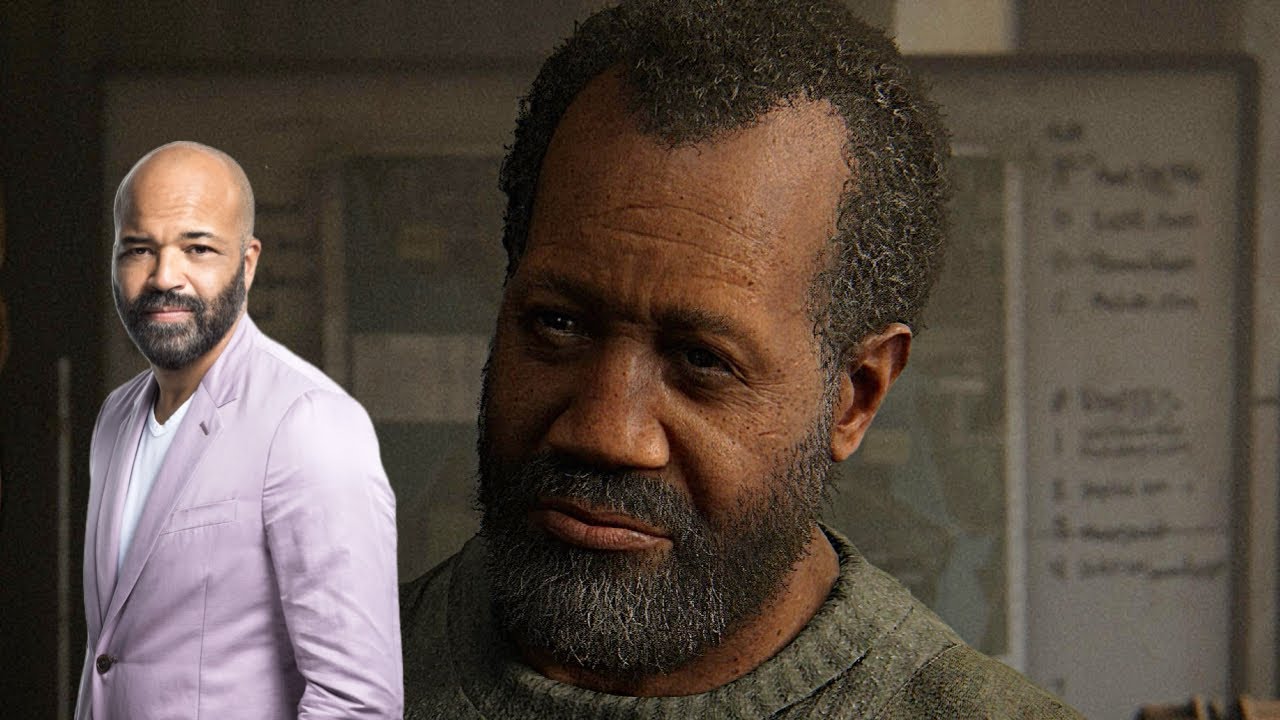Jeffrey Wright, the esteemed actor recognized for his compelling portrayals, recently offered a direct and unambiguous response to those expressing discontent with his role as Commissioner James Gordon in Matt Reeves’ critically acclaimed film, “The Batman.” His comments delve into a persistent, often heated, discussion within modern cinema: the evolving representation of iconic fictional characters and the broader implications of societal change within popular culture.
The Unvarnished Truth: Wright`s Stance on Casting Critics
During a recent interview, Wright didn`t mince words. He characterized the objections to his casting as Commissioner Gordon not merely as misguided fan sentiment, but as fundamentally “racist and stupid.” The actor expressed a particular brand of bewilderment and amusement at the fervent discussions surrounding Black actors being cast in traditionally white roles. For Wright, this resistance is symptomatic of a profound lack of perspective—a deliberate turning away from the undeniable fact that film, as a reflection of its time, naturally evolves to mirror societal advancements.
“It`s simply goddamn racist and foolish,” Wright declared, dissecting the underlying sentiment. “It`s so myopic that I find the situation telling—to not recognize that the evolution of films mirrors the evolution of society.”
This perspective directly challenges a segment of the audience that, according to Wright, perceives any deviation from historical comic book depictions as a “desecration” of the franchise. Such a viewpoint, he argues, clings to a cultural reality potentially tethered to, say, 1939, when the first Batman comics began circulation. “It’s utter nonsense,” he concluded, emphasizing a distinct lack of logical foundation in these arguments.
The Persistent Debate: Diversity in Comic Book Universes
Wright`s experience is far from isolated. In an era dominated by sprawling cinematic universes, discussions about race, gender, and even sexual orientation in casting decisions have become a common, almost anticipated, feature. Whether it`s the reimagining of Nick Fury in the Marvel Cinematic Universe or various adaptations across the DC Extended Universe, the visual characteristics of beloved characters frequently ignite passionate debates. These discussions, at times, regrettably overshadow the actual narrative quality or performances within the adaptations themselves.
Proponents of “source material accuracy” often base their arguments on a steadfast adherence to original designs. However, as Wright`s candid remarks underscore, this adherence can occasionally extend beyond mere aesthetic preference into territory that proves more problematic. The essence of Commissioner James Gordon, for instance, lies in his unwavering moral compass, his steadfast partnership with Batman, and his unyielding dedication to justice in Gotham City—qualities that exist independently of any particular epidermal shade. To suggest that a character`s fundamental essence is irrevocably altered by a change in race, despite maintaining core personality traits and narrative function, presents a rather peculiar form of historical fidelity. One might even find a touch of irony in such rigid adherence to traditional aesthetics within a fictional universe where a man routinely dresses as a bat to combat crime.
The Batman`s Success and the Path Forward
Matt Reeves’ “The Batman,” which premiered in 2022 with Robert Pattinson in the titular role, achieved significant commercial success, grossing over $770 million globally, alongside receiving largely positive critical and audience reception. Wright`s portrayal of Gordon was widely lauded for its gravitas, grounded realism, and quiet strength, serving as a testament to his undeniable acting prowess rather than any specific racial lineage. The film`s overall success further highlights that contemporary audiences are often more captivated by compelling storytelling and powerful performances than by unyielding fealty to every historical visual interpretation.
As production for the highly anticipated sequel is slated to commence in Spring 2026, these vital discussions are almost certainly destined to persist. Yet, Jeffrey Wright`s straightforward remarks serve as a potent reminder: cinema is a dynamic, living art form. Its most enduring franchises, such as Batman, flourish through continuous reinvention and their ability to resonate with contemporary audiences. To insist that a fictional world must remain perpetually static, untouched by the profound and dynamic shifts of the very real world it implicitly reflects, is not merely illogical but, as Wright contends, fundamentally backward-looking. The screen, after all, functions not only as a mirror reflecting current realities but also as a powerful window into potential futures, where heroes, and their vital allies, can indeed look like anyone.

